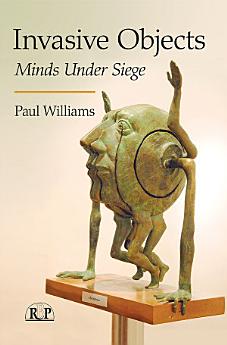Invasive Objects: Minds Under Siege
この電子書籍について
The story of Ms. B’s analysis is one of many vivid illustrations presented in this collection of papers by Paul Williams, who shares his lifetime of experience working with severely disturbed patients. As the title suggests, the unifying thread of these papers is the investigation of serious mental disturbance, often characterized by the presence of intrusive and invasive thoughts and fantasies that originate in a traumatic past but which can colonize and destroy the rational mind. The diverse papers are grouped into two related sections. Part one is comprised of papers with a clinical orientation, including a summary of the analysis of Ms. B as well as a speculative paper on the psychosis and recovery of John Nash. In part two, applied psychoanalytic thinking is integrated with Williams’ other professional passion, anthropology, in a paper that exemplifies generative thought through art, poetry, and tribal masks. Other papers in this section include a short essay that takes Freud-bashers to task, a reappraisal of the Rat Man, and a lively discussion of André Green’s "central phobic position" in borderline thinking.
Whether engaging in the coconstructed therapeutic relationship or the implications for "madness in society" at large, Williams’ diverse influences – psychoanalytic and otherwise – repeatedly come to the fore in an intellectually stimulating and clinically enriching way. It goes without saying that work with patients whose thinking is psychotic is a challenge, as these papers clearly demonstrate, but Williams reminds us that it is a challenge that psychoanalysis can not only engage but also treat with enduring and impressive therapeutic results.
著者について
Paul Williams, Ph.D., is a training and supervising analyst with the British Psychoanalytical Society and a consultant psychotherapist in the British National Health Service, as well as a member of the Royal Anthropological Institute. From 2001-2007 he was joint Editor-in-Chief, with Glen Gabbard, of the International Journal of Psychoanalysis. He has written widely on the subjects of personality disorders and psychosis, and co-authored, with Murray Jackson, Unimaginable Storms: A Search for Meaning in Psychosis (Karnac, 1994).






